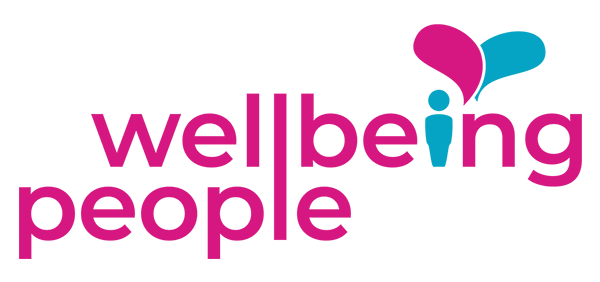Wellbeing [ noun ] – the state of being comfortable, healthy or happy.
This is what the Oxford English Dictionary defines as wellbeing, but what does that actually mean? The short answer is… well, there is no short answer! What one person feels is their perfect state of wellbeing may be completely different from another person. This stands to reason as we all have different goals, ambitions and personalities.
Each aspect of being comfortable, healthy and happy also has many different facets that can be taken subjectively. For example, the English Oxford Dictionary’s definition mentions happiness. However, wellbeing as a concept is much broader than this and has been debated since the Third Century BC. The Philosopher Aristotle came up with the concept of Eudaimonia – the contented state of feeling healthy, happy and prosperous. Even though happiness is an integral part of your personal wellness, it includes other things such as the fulfillment of long-term goals, your sense of purpose and how in control you feel in life.
The meaning of wellbeing is multidimensional
An overall sense of wellness will not be achieved without having a balance in these key elements:
The world we live in is complex. Understanding the requirement of wellness and the factors that influence this state, whether as an individual, community or nation, helps us to work together to improve the quality of our lifestyles.
Workplace Wellbeing
Narrow the search for your next wellbeing initiative and discover the Wellbeing People approach to workplace wellbeing.
Five simple ways to improve our overall wellbeing:
- 1Connect – talk and listen to others and always live in the moment.
- 2Be active – do what you can and enjoy what you do.
- 3Take notice – remember the simple things that give you joy.
- 4Keep learning – embrace new experiences and seek new opportunities.
- 5Give – give people your time, your words and your presence.
Wellness is the complete integration of body, mind and spirit. The realisation that everything we do, think, feel and believe has an effect on our wellbeing - Greg Anderson
Wellbeing People’s goal is to change people’s mindset and behaviours. By empowering them to make positive lifestyle choices to improve their overall health and wellness.
